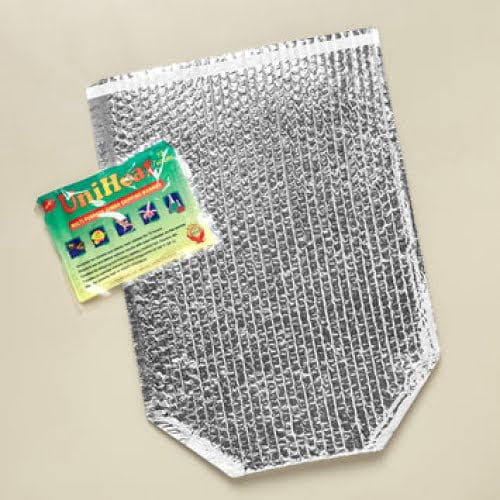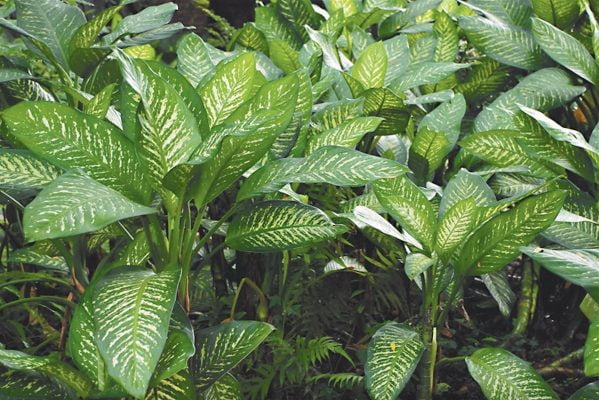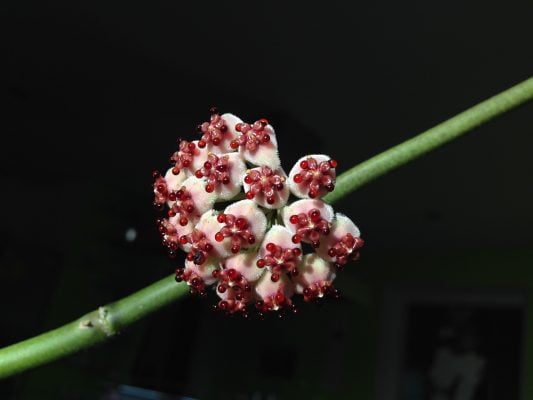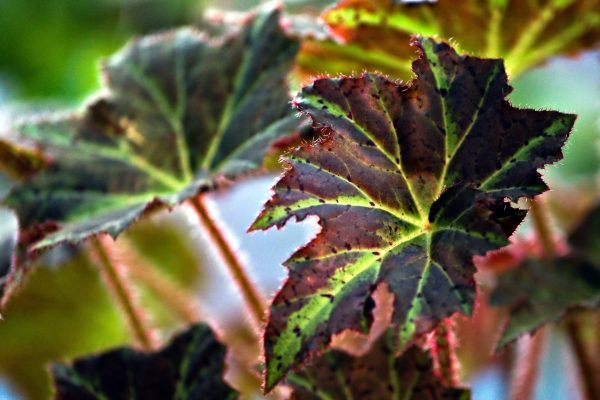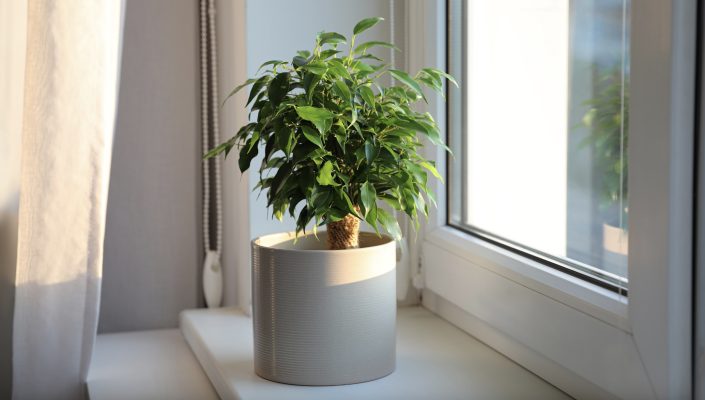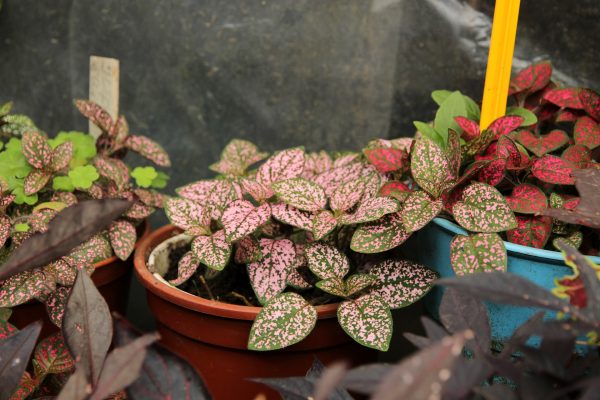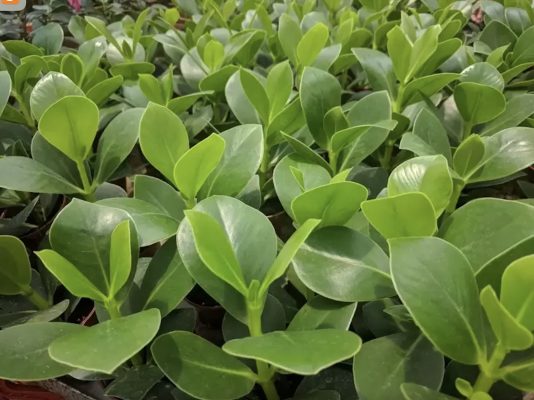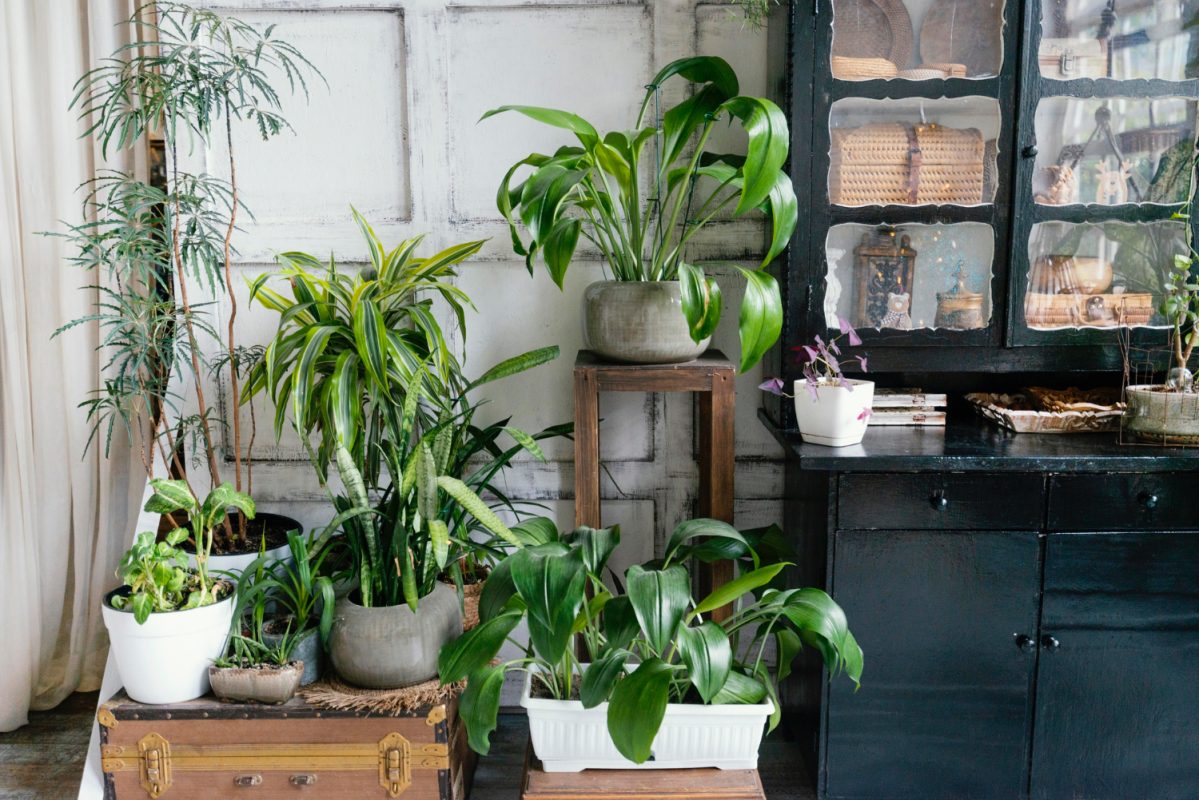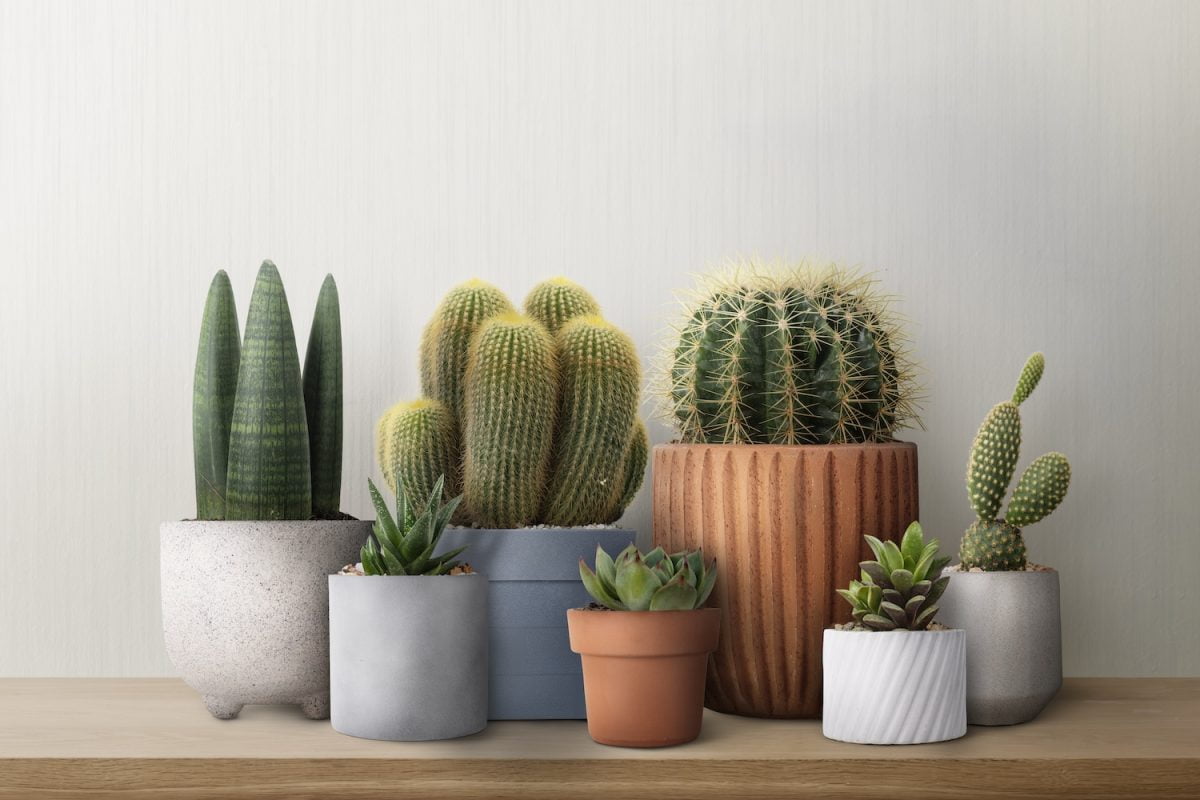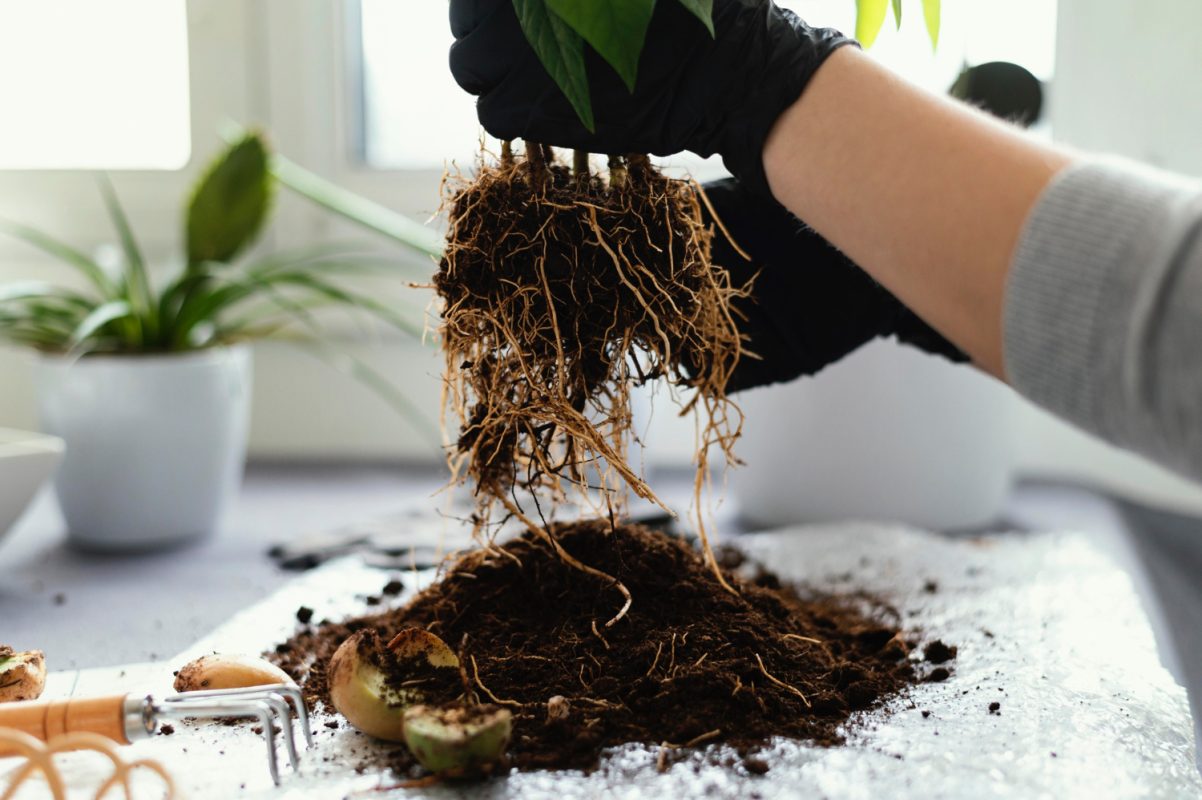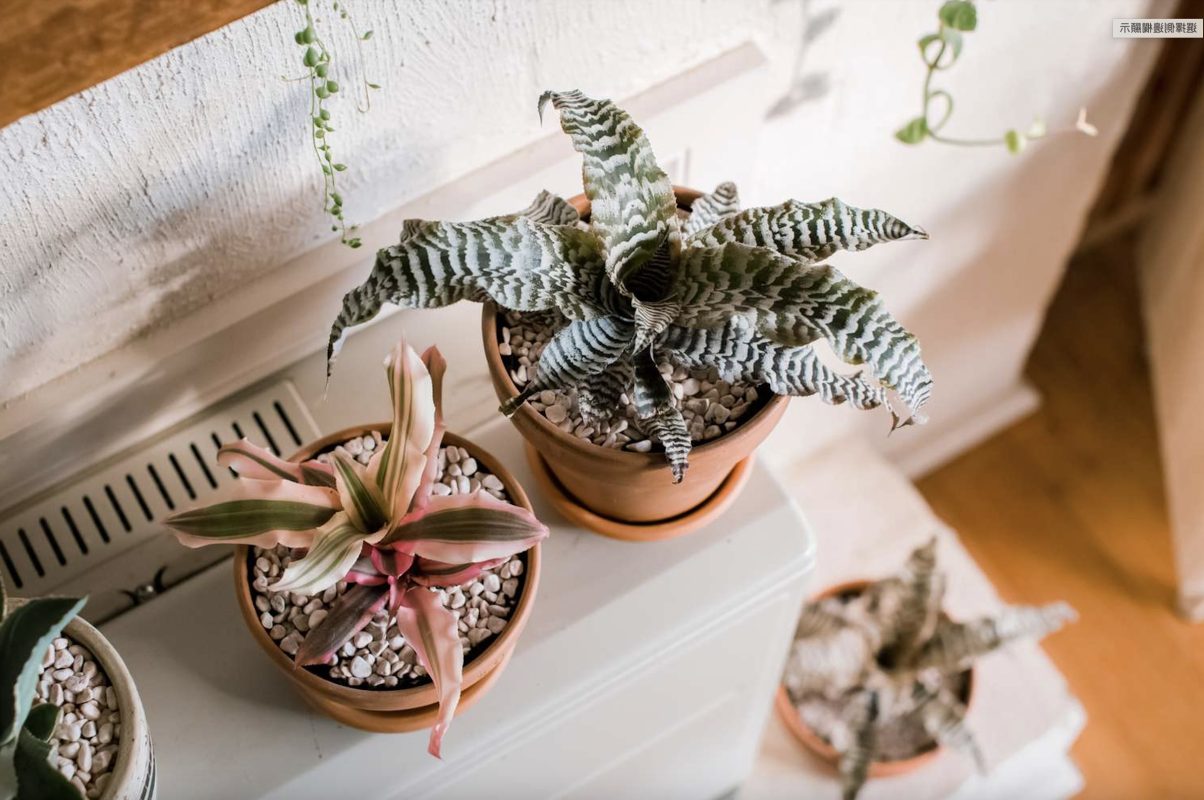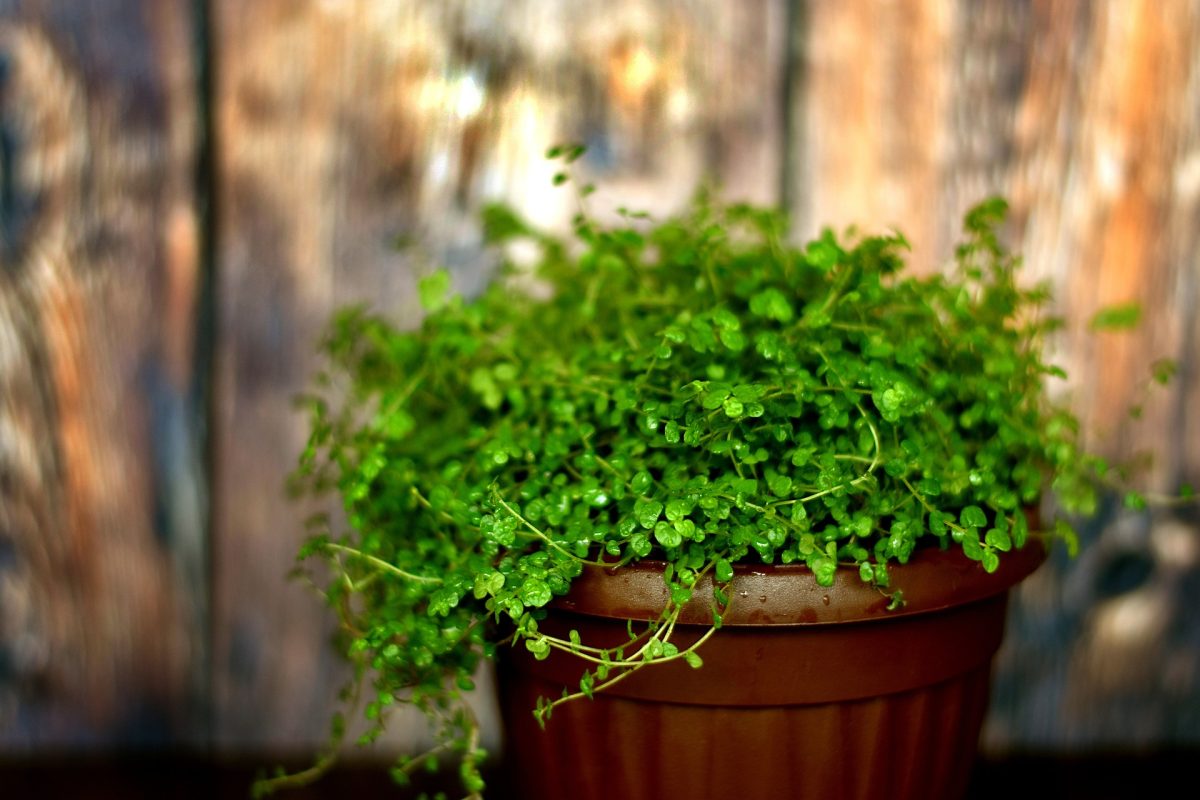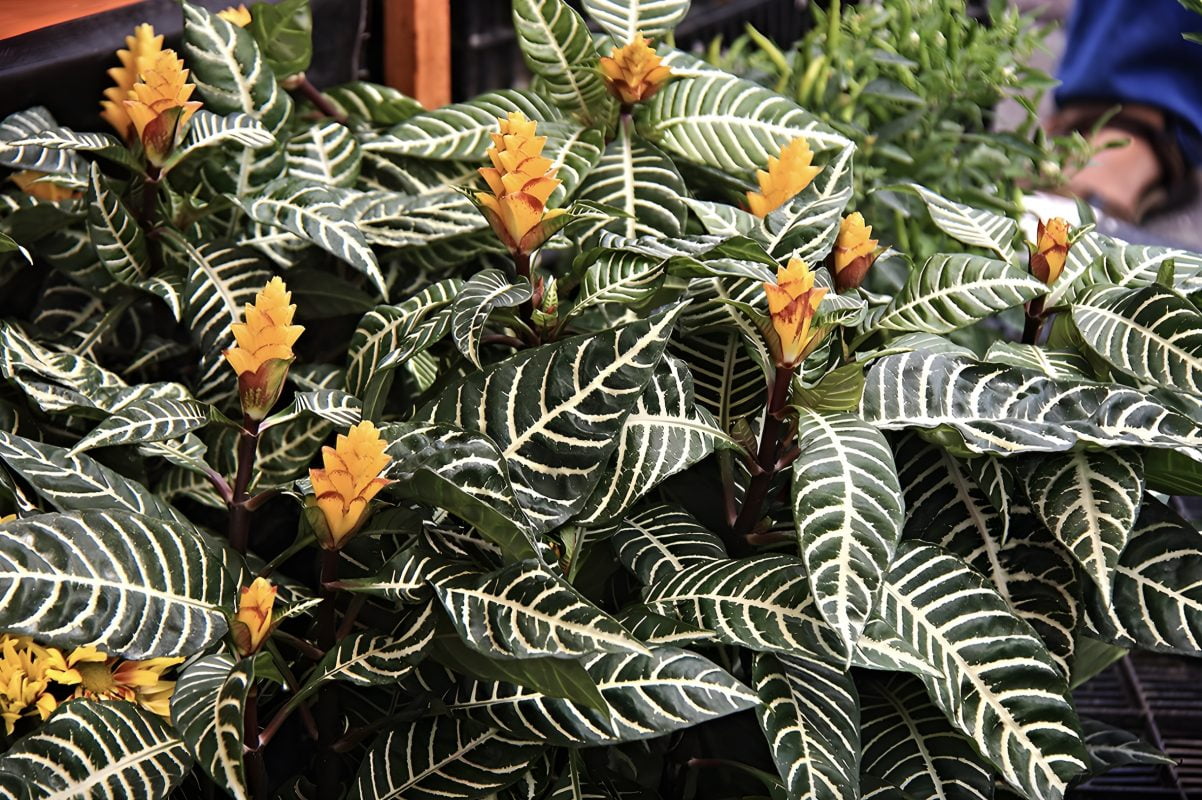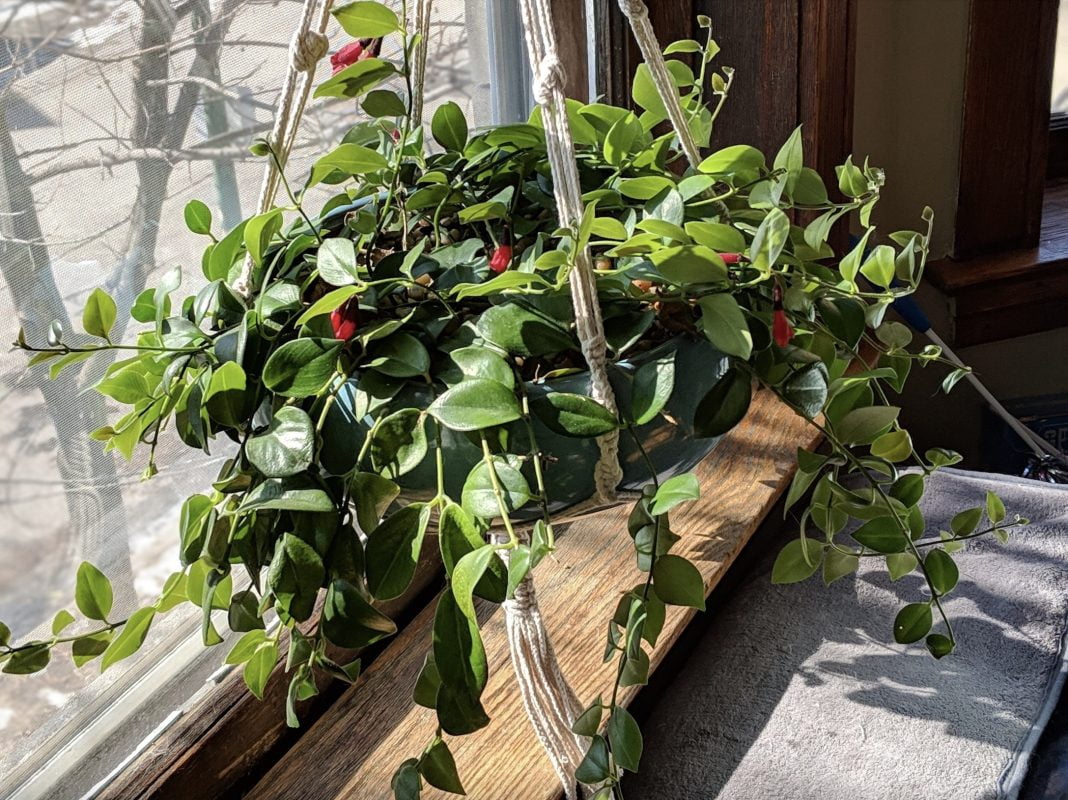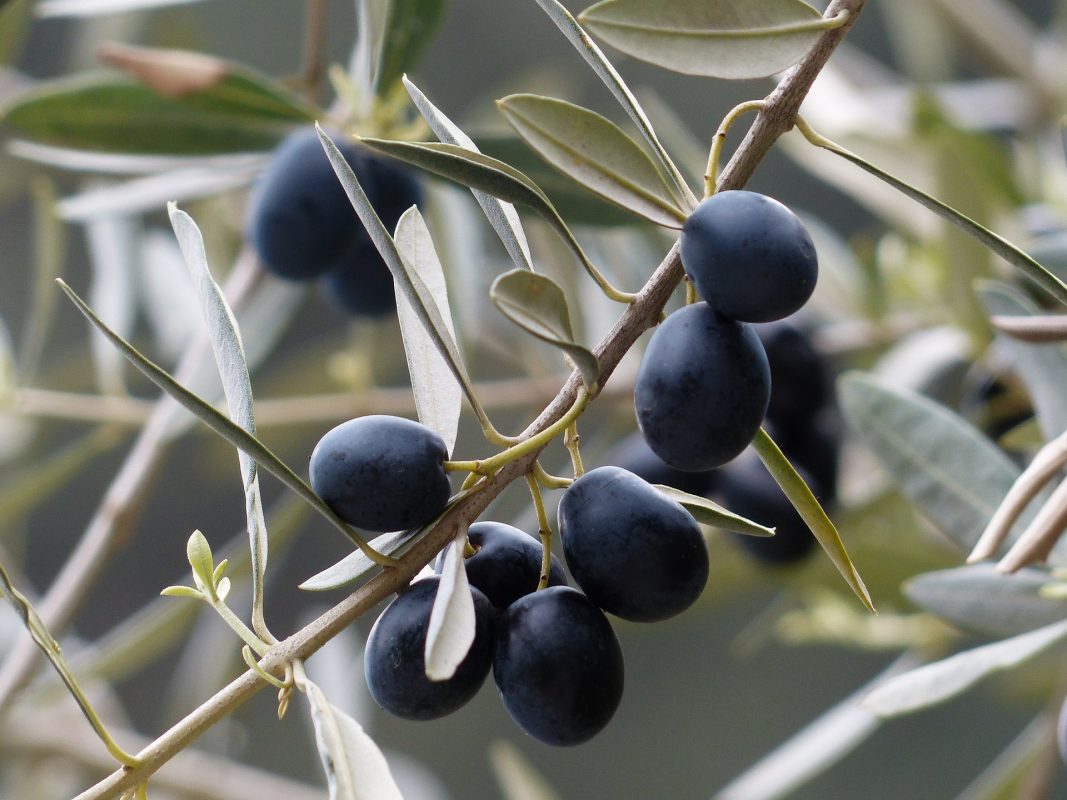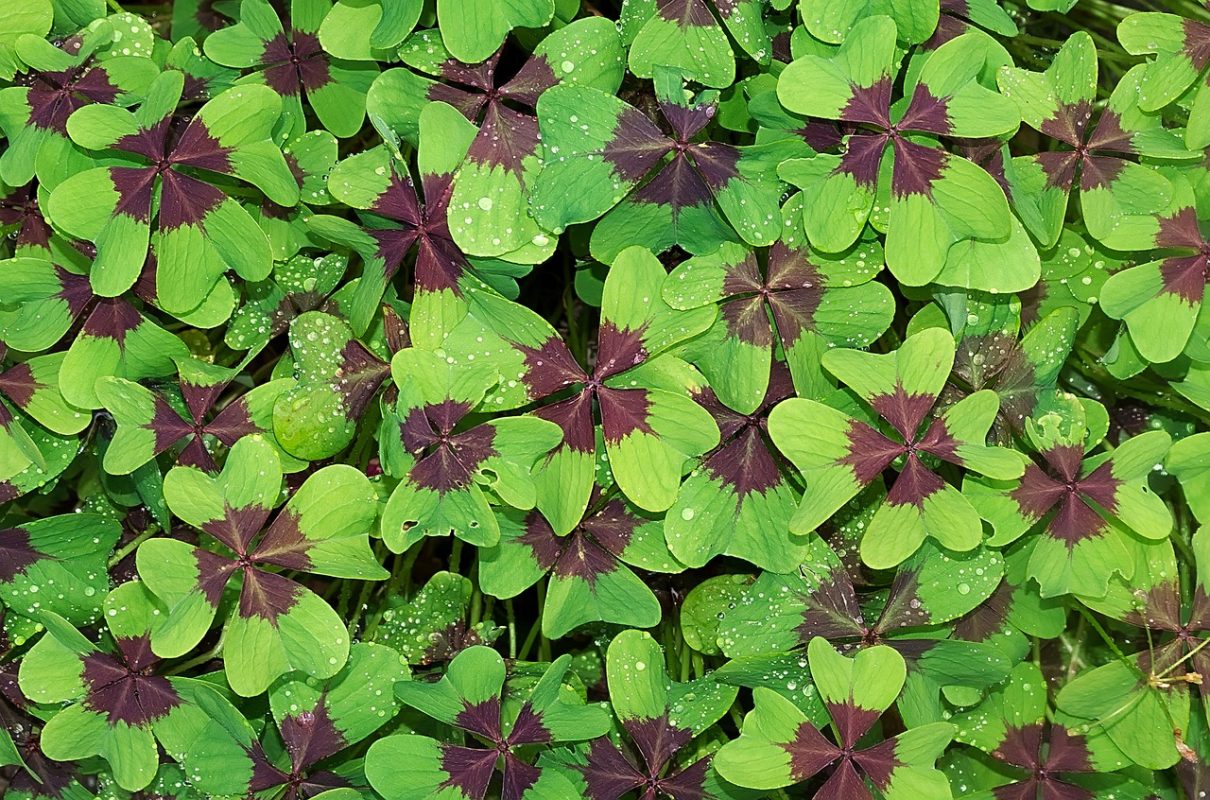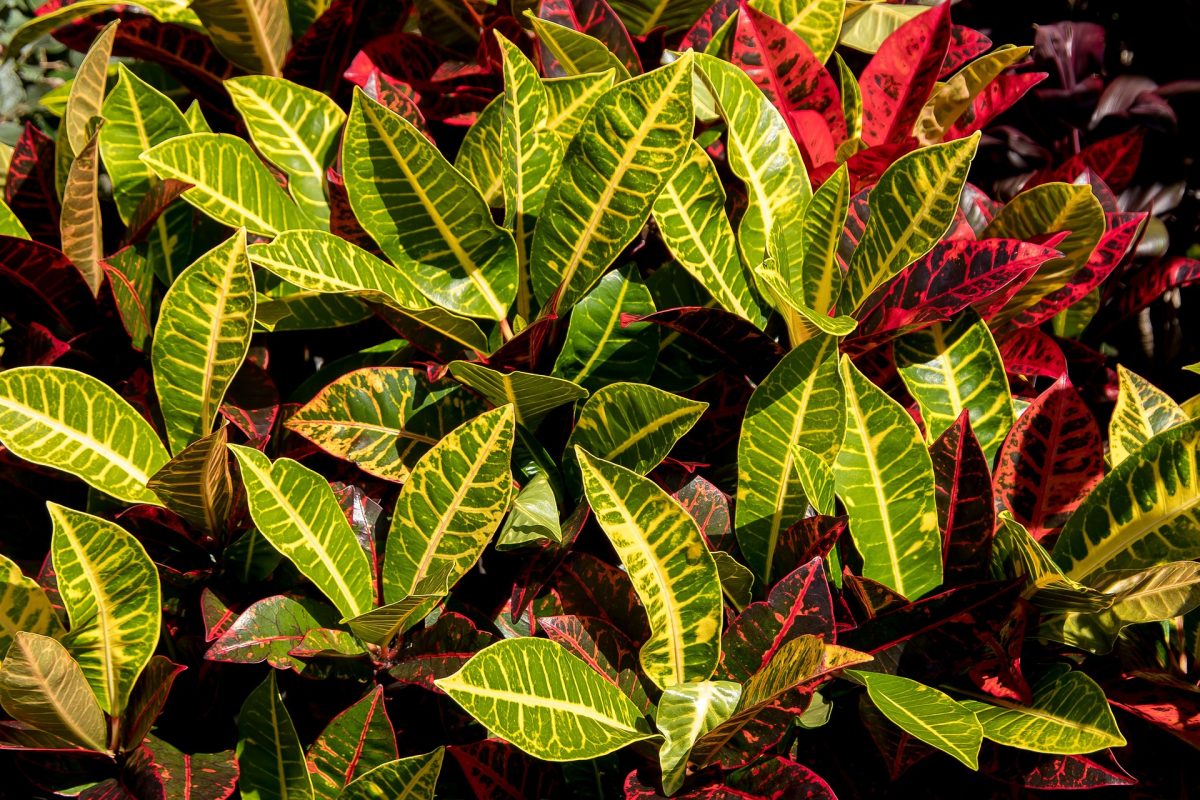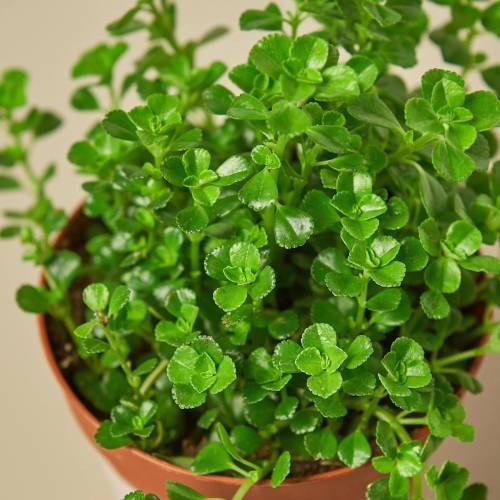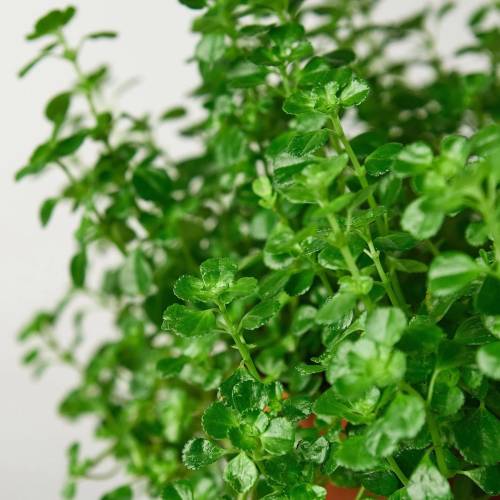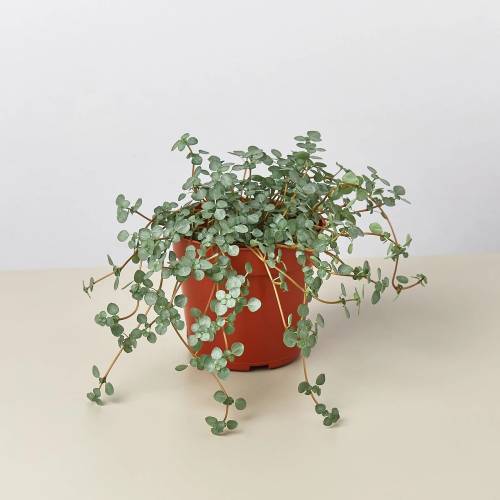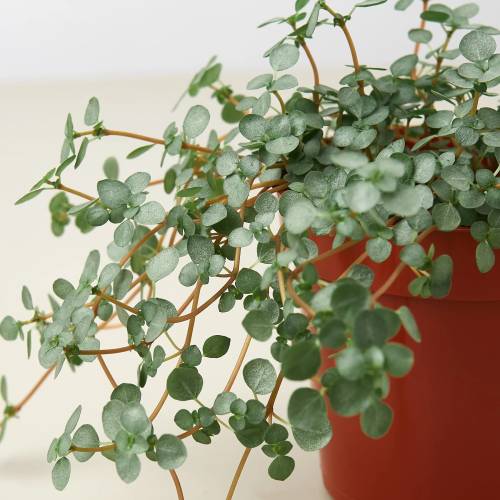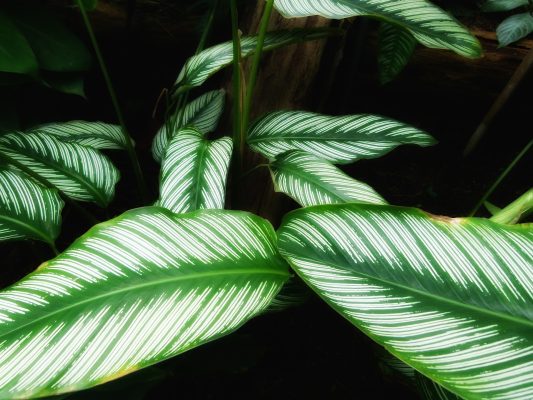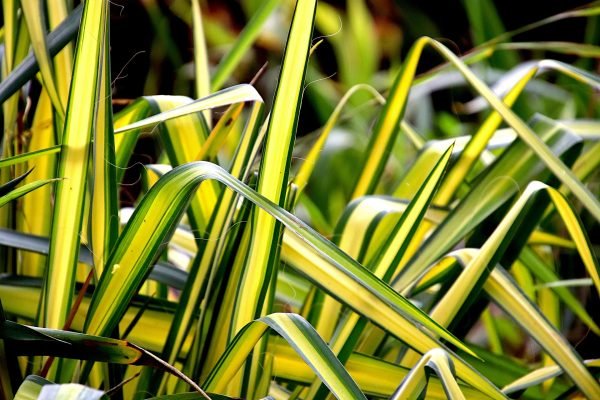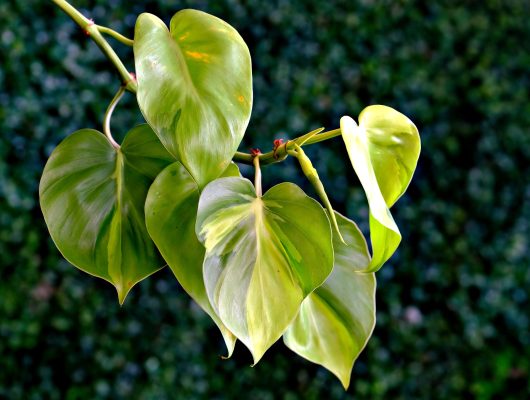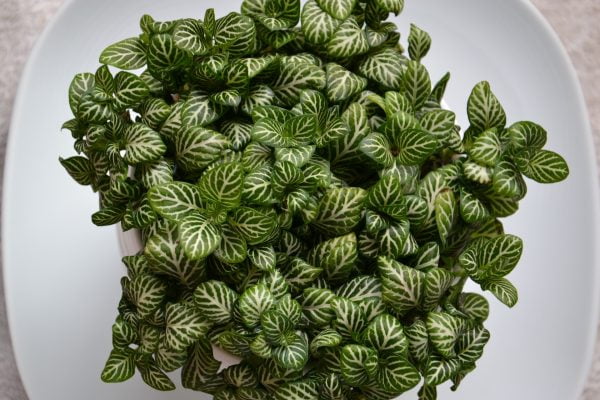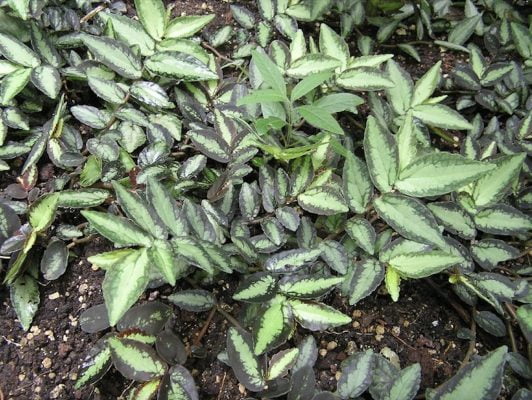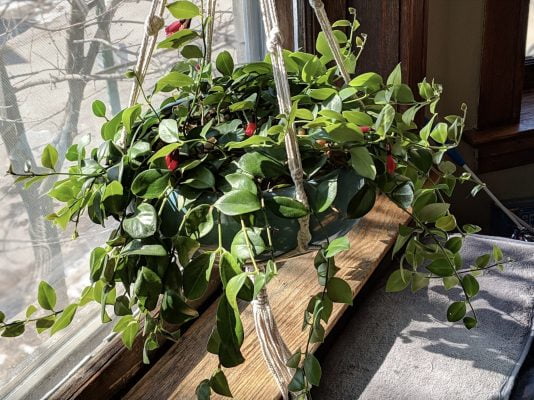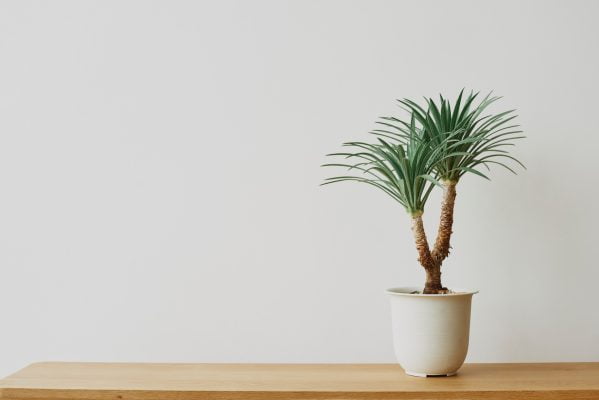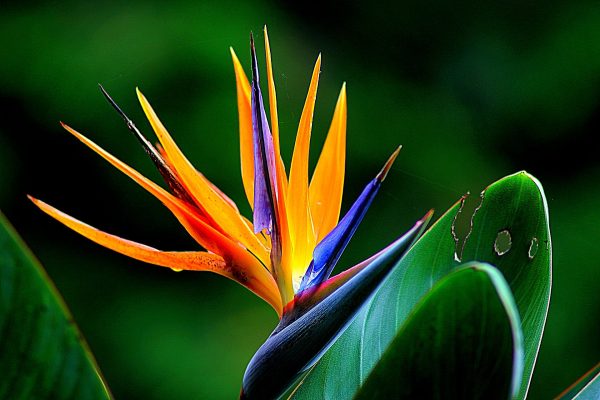The Nettle, often considered a weed, is a potent medicinal herb with various health benefits. This comprehensive care guide is your key to harnessing the power of this botanical marvel, guiding you through the steps to cultivate and care for Nettles, transforming them from unwanted intruders into a valuable addition to your garden and well-being.
I. Plant Overview:
- Scientific Name: Urtica dioica
- Common Names: Nettle, Stinging Nettle
- Origin: Native to Europe, Asia, North Africa, and North America.
II. Light Requirements:
- Ideal Conditions: Full to partial sunlight. Nettles can tolerate shade but prefer sun-drenched locations.
- Tolerance: Adaptable to various light conditions.
III. Watering:
- Frequency: Keep the soil consistently moist. Water when the top inch feels slightly dry.
- Water Quality: Use well-drained soil. Avoid waterlogged conditions to prevent root rot.
- Humidity: Nettles adapt well to average humidity levels.
IV. Soil:
- Type: Rich, loamy soil. Nettles thrive in fertile ground.
- pH Level: Slightly acidic to neutral (pH 6.0-7.0).
V. Temperature and Humidity:
- Temperature: Nettles are hardy and can withstand a wide range of temperatures. They thrive in cooler climates.
- Humidity: Adaptability to various humidity levels makes Nettles resilient.
VI. Fertilization:
- Schedule: Fertilize in spring with a balanced fertilizer.
- Fertilizer: Use organic compost or a balanced, all-purpose fertilizer.
VII. Pruning and Maintenance:
- Pruning: Trim the tops regularly to encourage bushier growth.
- Cleaning: Remove any yellow or damaged leaves. Harvest regularly for optimal health benefits.
VIII. Common Issues and Solutions:
- Stinging Sensation: Wear gloves when handling Nettles to avoid skin irritation from tiny hairs on the leaves.
- Pests: Aphids or caterpillars may infest Nettles. Treat with insecticidal soap or neem oil.
- Yellowing Leaves: Nutrient deficiency. Amend soil with organic matter or balanced fertilizer.
IX. Harvesting:
- Harvest the young, tender leaves for culinary use or medicinal teas.
- Use scissors or gloves to avoid skin irritation.
- Harvest regularly to encourage new growth.
X. Medicinal Uses:
- Rich in vitamins, minerals, and antioxidants.
- Known for anti-inflammatory and diuretic properties.
- Used in teas, tinctures, or as an ingredient in various recipes.
Caring for Nettles transforms them into a valuable ally in your garden and wellness routine. This guide empowers you to harness the power of this medicinal marvel, ensuring Nettles thrive and contribute to your health and gardening endeavors. Happy cultivating!
our recommendation
you may also want to know



